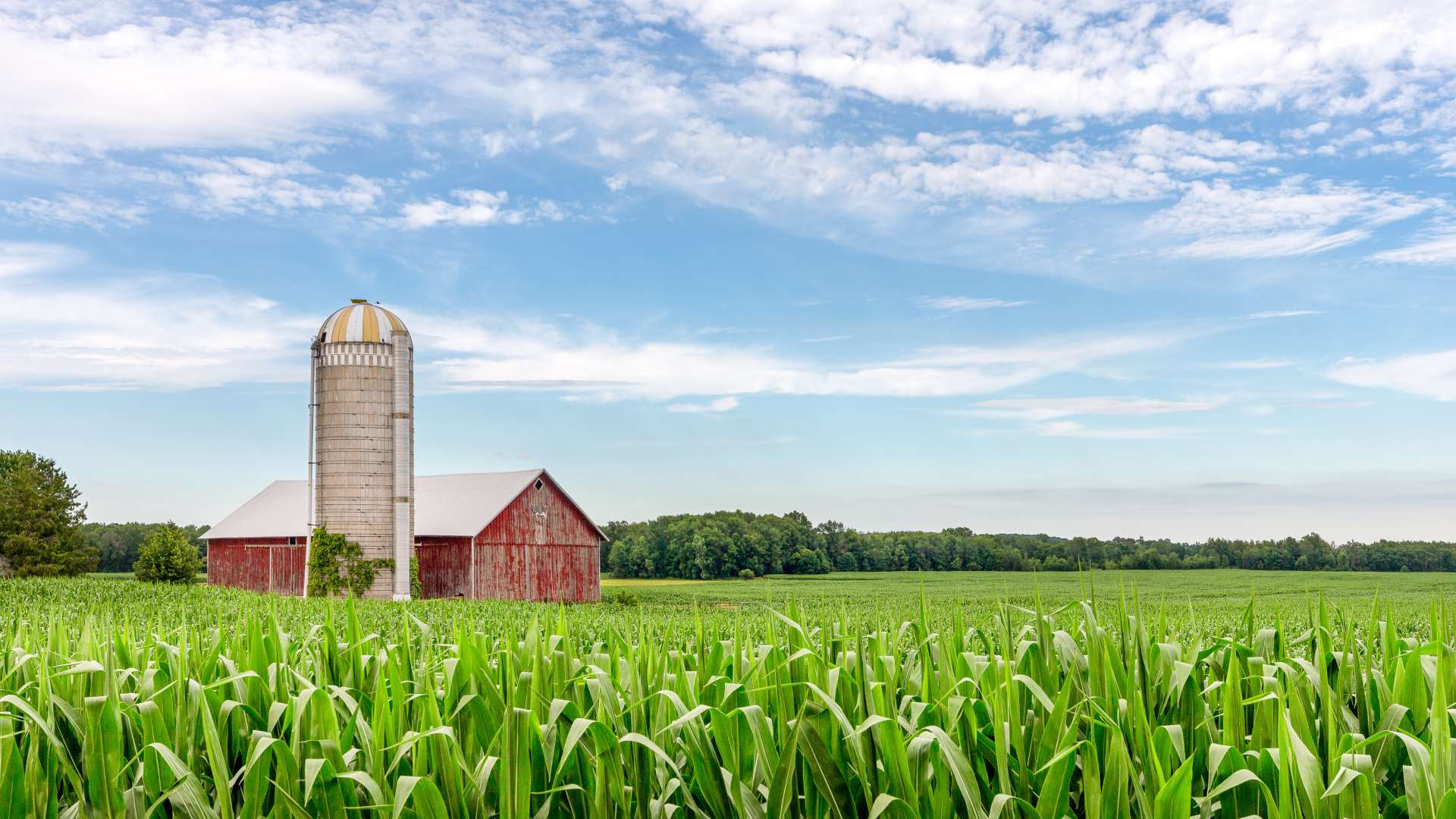Practical Succession Plan for Family Farms

Family farms form the backbone of agriculture, passing from generation to generation with pride and responsibility. However, your kids wanting the farm isn’t a guarantee, and there are a lot of factors at play in estate planning for agricultural land. If you’re trying to figure out the process, here is a practical succession plan for family farms to ensure continuity and stability.
Assessing Family Interests and Abilities
The first step involves candid discussions with family members about their interests and abilities. Identify who is genuinely passionate about farming and possesses the necessary skills. Clear communication prevents misunderstandings and sets expectations.
Importantly, don’t try to force your intended heirs to take on the responsibility. You want your farm to be in the best hands, and those hands shouldn’t be unwilling.
Exploring Non-Family Options
When direct family succession isn’t viable, consider tenancy. Going this route keeps the farm in the family but lends it out to someone wanting the opportunity to farm, maintaining the farm’s productivity and preserving its heritage. Understand what to look for in a tenant farmer to ensure they align with your farming principles and long-term goals.
Developing a Comprehensive Plan
When you know who will operate on the land after inheriting it, the next step is to create a succession plan that outlines the operational, financial, and legal aspects of the transition. Seek advice from agriculture consultants and legal professionals to draft a plan covering the following:
- Ownership distribution
- Management roles
- Financial arrangements
- Legal considerations
Regularly Reviewing and Updating the Plan
A practical succession plan for family farms isn’t static. Willingness and circumstances might change, and you have to remain flexible. Therefore, be willing to update the plan to reflect changes in family dynamics, market conditions, and legal regulations. Flexibility ensures the plan remains relevant and effective over time.
If you want to keep the farm in the family, then you have to have a succession plan. That way, no matter who ends up farming the land, you will preserve its heritage and remain a link in an important economy.






